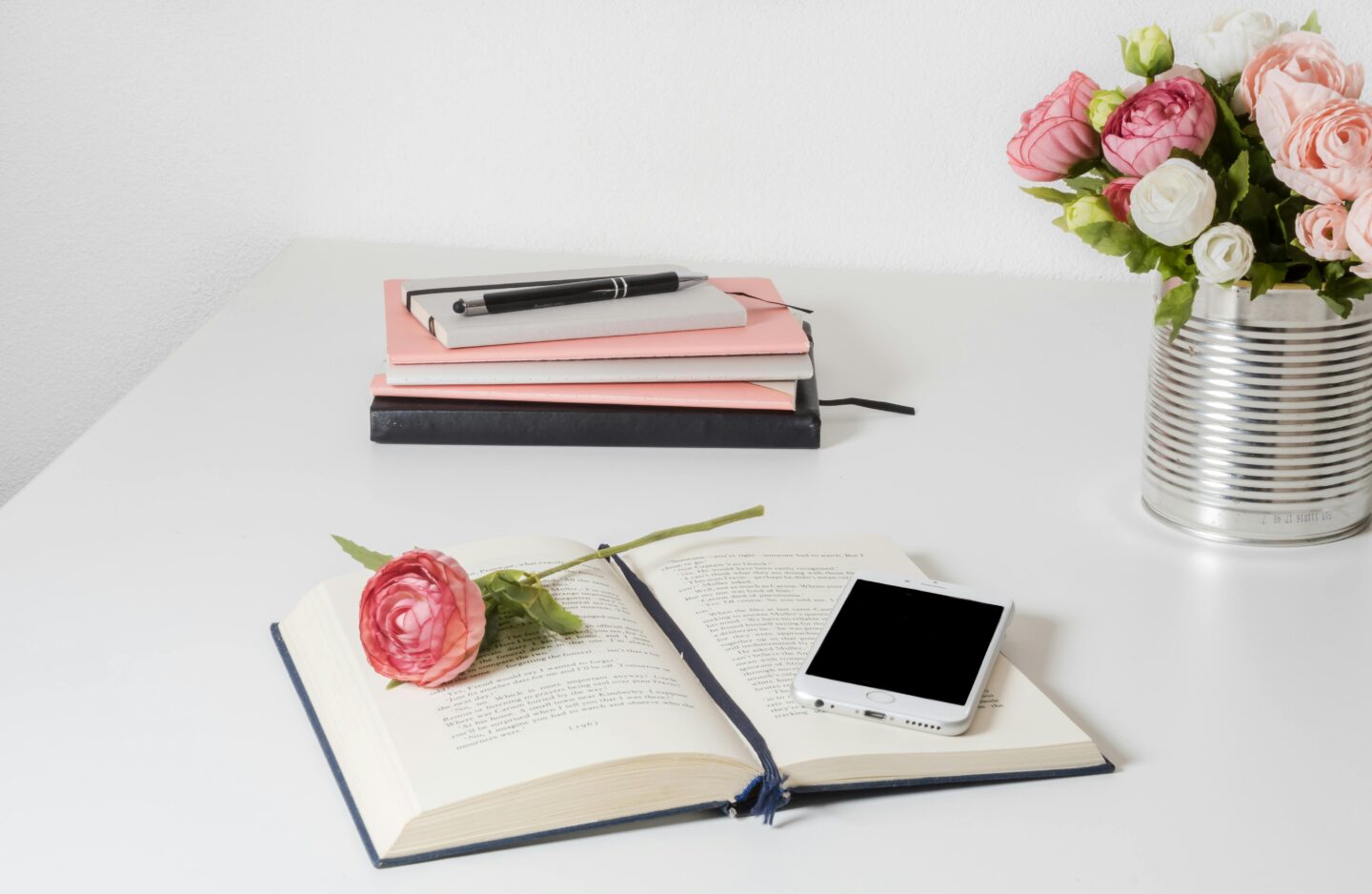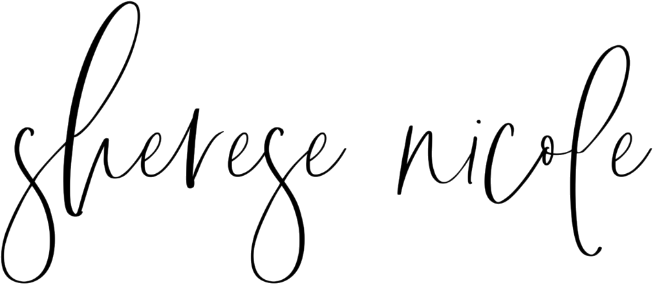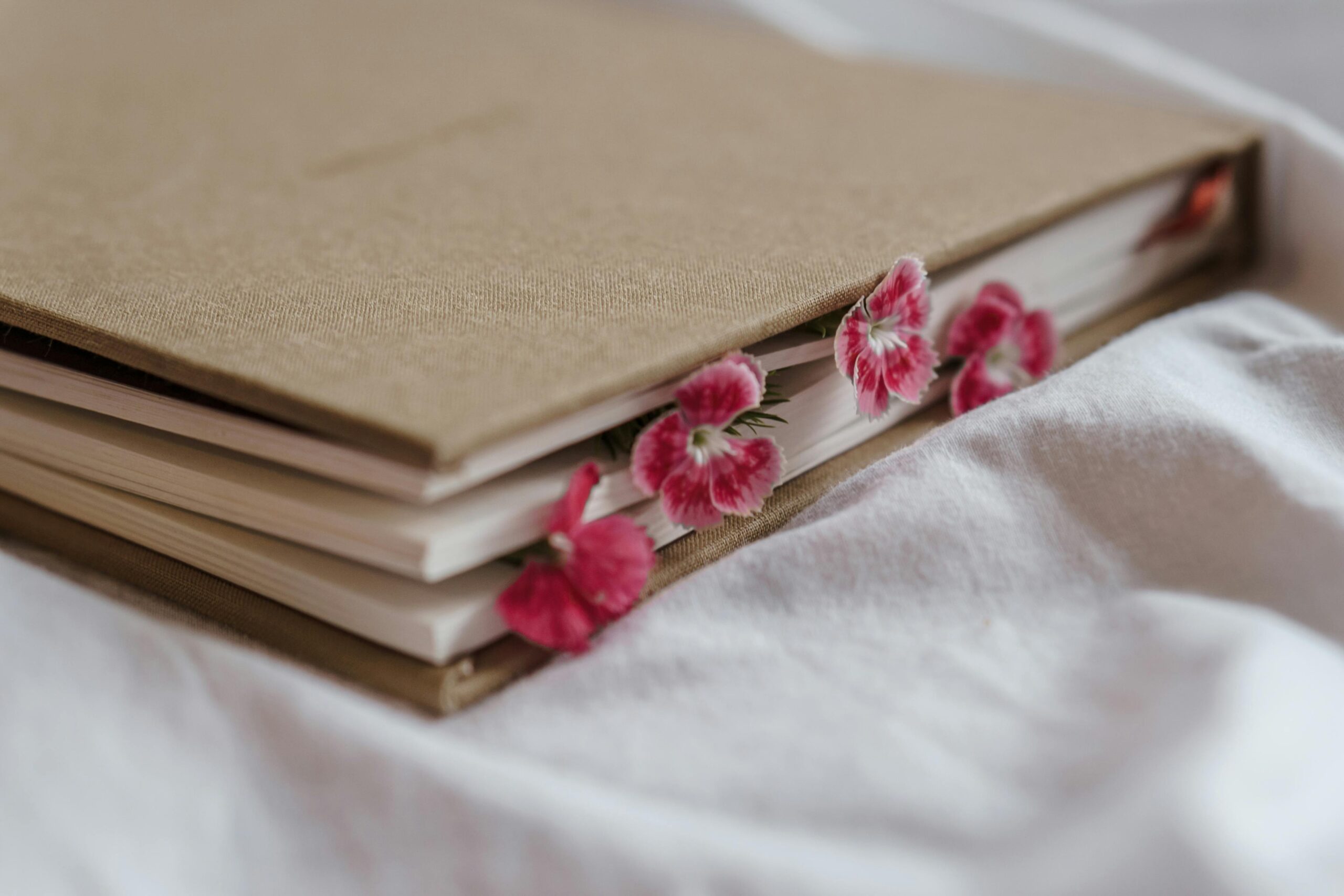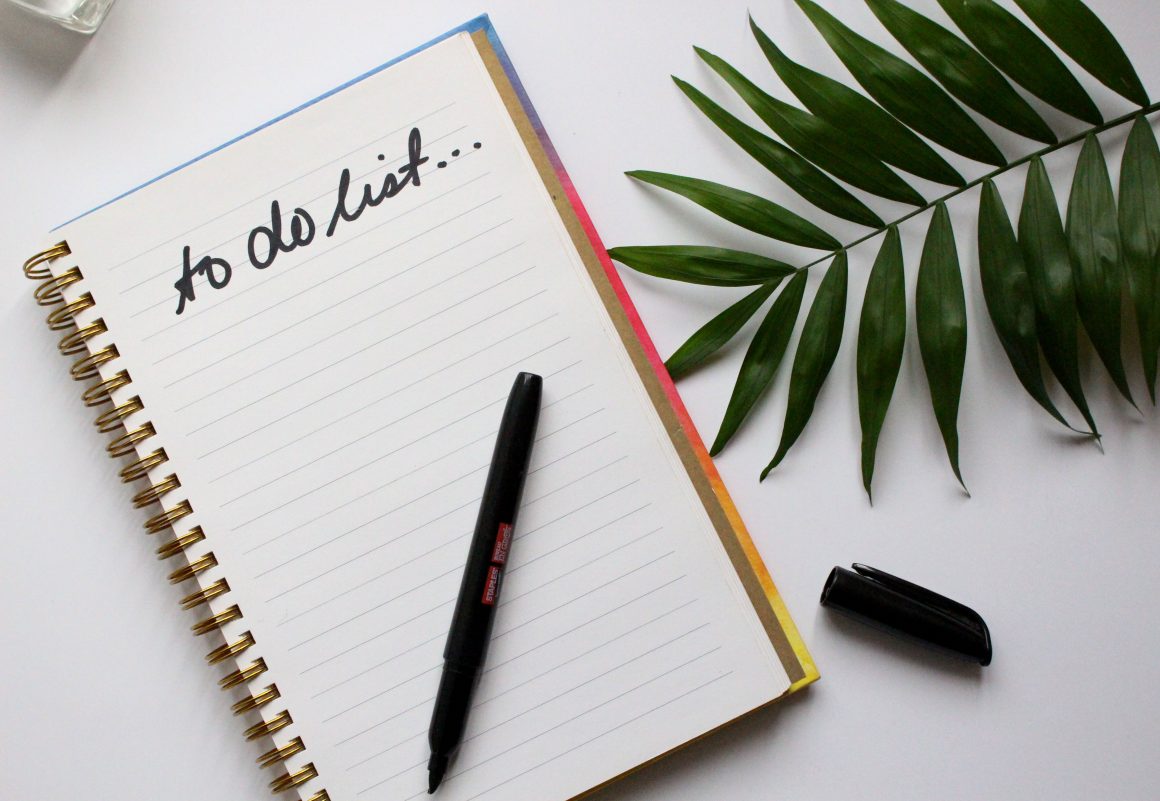This post is about journaling tips for beginners

Table of Contents
Journaling has been a part of my self-care routine for most of my life. Just the other day I came across my first journal where my 12-year-old self would jot ramblings of my day.
When I compare it to the current day, I’ve amassed over 15+ journals lol. Who knew that writing my thoughts in a book would become one of my staple routines?
Journaling provides a safe space for you to write thoughts in your mind. It offers a moment of peace, reflection, and personal growth. But for beginners, creating a consistent journaling habit can be challenging.
Whether you’re new to journaling or want to make it a more intentional part of your routine, there are simple, effective strategies to make journaling a daily habit.
Here’s a guide to help you start and stay consistent with journaling.
Journaling Tips for Beginners
Let me preface this with there is no wrong way to journal. You can make note of what you did for the day or it can be as long as an essay. However, you decide to write out your thoughts and ideas are unique to you. If you are completely lost, there are journal prompts you can find to help give you a boost.
The important thing to keep in mind is it’s your personal space where you can freely write and express the thoughts in your mind.
Here are some tips to keep in mind as you journal.
Start Small
One of the biggest mistakes beginners make is trying to do too much too soon. When you’re starting out, it’s perfectly okay to write just a few sentences a day. Begin with five minutes of writing each morning or evening to get into the habit of putting your thoughts on paper. This time limit makes it less daunting and easier to sustain.
Idea: Make journaling a part of your routine. Keep a journal near your bed or at your kitchen table so you’re reminded to write a few lines. Then repeat this daily. You can also try setting an alert or task reminder so that you don’t forget.

Choose a Journaling Style that Fits Your Goals
Not all journals need to be deep, reflective diaries. There are different styles of journaling, each with its own benefits.
Here are a few popular styles:
- Gratitude Journal: Write three things you’re grateful for each day.
- Prompt Journal: A practice of answering a specific question as a journal entry.
- Reflection Journal: Jot down thoughts or events that happened throughout your day.
Choose the style that feels right for you and is easy to keep up with. Experimenting with different styles can help you find what you enjoy most.
Create a Dedicated Space and Time for Journaling
Consistency thrives on routine. Creating a dedicated time and place for journaling reinforces the habit and makes it easier to stick with daily. You may find it easier to journal in the morning to start your day or try to write in the evenings to reflect on your day.
Consider creating a comfortable space, free from distractions, where you can focus on your writing. The more relaxed you are in your space, the more journaling will be associated with being a pleasant ritual.
Use Journal Prompts to Overcome Writer’s Block
It is perfectly fine if you do not know what to write. That is where journaling prompts can help spark ideas and guide your thoughts. Here are a few prompts to consider:
- What was the highlight of your day?
- What are three things you’re grateful for?
- What’s one thing you’d like to accomplish tomorrow?
- How do you feel right now? Why?
Prompts make journaling approachable and take the pressure off thinking of a topic each day.

Don’t Worry About Perfection
Your journal is a personal space meant for self-expression, not perfection. Avoid worrying about grammar, sentence structure, or making sense. Letting go of these expectations will help you write more naturally.
Remember, your journal is for you and you alone. Embrace mistakes and messy handwriting—they’re all part of your authentic self and journey.
Use a Physical Journal or Digital App
Choosing between a physical journal and a digital app depends on your preference. Each has its advantages:
- Physical Journal: Writing by hand can be therapeutic and grounding, helping you connect with your thoughts.
- Digital Journal: Apps like Day One, Journey, or Evernote offer easy organization, password protection, and access from multiple devices.
Try both to see what feels more comfortable, or use a combination of the two. Some people use a physical journal for deeper reflections and a digital app for quick, on-the-go notes.
Track Your Progress
Seeing your progress can be a powerful motivator. Consider tracking your journaling days in a habit tracker or noting it in your journal. Tracking shows you how far you’ve come and can provide a sense of accomplishment. Many people use their bullet journals to track habits, but you can also try apps like Habitica or HabitBull to make it easy.
Set an Intention for Each Entry
To add purpose to your journaling, set an intention for each session. It could be something simple, like “I want to reflect on today” or “I want to express gratitude.” Intentions help guide your thoughts and make your writing more meaningful.
By defining your “why,” you’re more likely to feel fulfilled and stay committed to daily journaling.

Reflect on Your Journal Entries Regularly
Reviewing your past entries can help you see your growth, recognize patterns, and reinforce the benefits of journaling. Set aside time every month to read over your previous entries. Reflecting can help you gain perspective on how far you’ve come, which is particularly helpful for personal development and emotional growth.
Remember the Benefits
Journaling offers numerous mental health and personal growth benefits, from reducing stress and enhancing creativity to improving mood and self-awareness. When motivation wanes, remind yourself of these benefits. Knowing how journaling helps you can rekindle your desire to keep going.
Give Yourself Grace and Time
Finally, don’t be hard on yourself if you miss a day or struggle with consistency. Building a habit takes time, and it’s okay to have ups and downs. The most important thing is to keep coming back to your journal and honoring your journey.
Conclusion
Creating a daily journaling habit doesn’t have to be overwhelming. By starting small, setting an intention, and experimenting with styles and prompts, you can make journaling an enjoyable and rewarding part of your life.
Embrace the process, and remember: the best journaling habit is the one that feels right for you.








